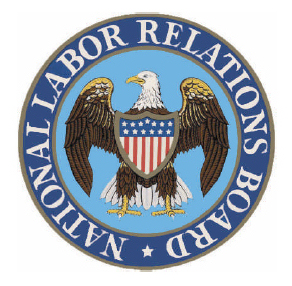

The NLRB Proposes Speeding Union Elections
 On February 5, 2014, the National Labor Relations Board (NLRB) published online its proposed amendments to the “rules and regulations governing the filing and processing of petitions relating to the representation of employees for purposes of collective bargaining with their employer.”
On February 5, 2014, the National Labor Relations Board (NLRB) published online its proposed amendments to the “rules and regulations governing the filing and processing of petitions relating to the representation of employees for purposes of collective bargaining with their employer.”
Not surprisingly, the proposed changes have caused concern among employers, particularly in terms of their ability to aptly prepare and communicate with their employees between new petition filings and employee votes.
The full filing can be viewed here, however, employers should be aware of three key points to the proposed rule amendments:
- Under the proposal, employers could be required to turn over an extensive amount of information about employees to the NLRB for transmittal to the union in the election unit, via electronic format. This potentially includes name, address, phone number, email address, work location, shift worked, and job classification. In all likelihood, employees will be outraged by this breach of privacy.
- Proposed changes also include a “vote now/object later” approach to litigation that requires eligibility disputes to be resolved via the voter challenge process - after the election is held.
- The potential changes also allow for fast-track elections to be scheduled within 14 to 21 days after the filing of the petition, as opposed to the current situation wherein most elections are held within 28 to 35 days of petition.
The NLRB’s proposed changes serve to reinforce best practices that all employers should follow, regardless of whether these changes become final following review and comment. First and foremost, employers must be ready before a petition is filed. This means:
- Committing to real and ongoing positive employee relations programs
- Completing a workplace analysis today to understand what the potential bargaining units are, who its excluded employees (managers, supervisors, confidential employees) are, and the potential areas of vulnerability
- Performing and completing a careful examination of compensation and personnel policies to ensure that the employer is competitive with other like employers in its industry and region
- Giving immediate attention to employer solicitation and distribution policies, as well as social media/communication policies, to ensure a solid foundation for communication with employees about representation issues
The good news is that the new regulations are proposed rules, not final rules! Employers have until April 2014 to comment. There is ample time for employer groups to file litigation seeking to enjoin the rule, and it is unlikely that the rule will become effective before July 1, 2014 at the earliest.
For more information about the NLRB's proposed changes, or to consult with a Labor and/or Employment & Employee Relations attorney, please click here.

